Lebanon’s new PM-designate to consult political parties over govt. formation
Lebanese tycoon Najib Mikati, who became the country’s new prime minister-designate following the parliamentary vote on Monday, is due to hold consultations with leading political parties with an aim to end the long political impasse over government formation.
The two-time former premier affiliated with Azm Movement, Mikati secured support from major political parties to be designated the head of government again amidst a crippling financial crisis facing the country.
The meetings with Lebanese parliamentary blocs on Tuesday are part of normal steps after the new prime minister’s designation, but there are fears of intense horse-trading.
Lebanon has been run by a caretaker administration for nearly a year, as politicians have failed to agree on the formation and makeup of a new government.
The government of Hassan Diab resigned following a deadly port explosion in Beirut last August, leading to a protracted deadlock. Seasoned politician Saad Hariri also threw the towel last week after failing to reach a consensus over government formation with President Michel Aoun.
The West Asian country has been battling with what the World Bank has described as “one of the worst crises since the mid-19th century,” with a political stalemate holding up a potential financial rescue.
Millions of jobs have vanished and banks have frozen accounts, according to reports. The economic freefall is the country’s worst crisis since the 1975-1990 civil war.
“I don’t have a magic wand and can’t perform miracles ... but I have studied the situation for a while and have international guarantees,” Mikati said after he received 72 votes out of a total of 118 votes.
In an interview with An-Nahar newspaper, Mikati said his cabinet would be “purely technical” and tasked with bridging the gap to the parliamentary elections, which Hariri could not deliver.
The Hezbollah resistance group’s parliamentary bloc also nominated Mikati in Monday’s consultations.
“Today, with signs that hint at the possibility of forming a government ..., we named Mikati, to give an extra boost to facilitate forming a government,” Muhammad Raad, the leader of Hezbollah’s parliamentary bloc, told reporters on Monday.
In his first remarks following the designation, Mikati vowed to address the issue of electricity shortages that have plunged the country into darkness and further crippled its fledgling economy.
What has stalled the bankruptcy-ridden state’s recapitalization plan has been the political crisis and failure to engage the International Monetary Fund (IMF) over a complete rescue plan.
According to Al-Akhbar newspaper, the new premier-designate wants to use the IMF money to build new power plants aimed at stabilizing the country’s electricity supply.
In Lebanon’s political system, the post of prime minister is held by a Sunni Muslim, while the presidency is held by a Maronite Christian and the speaker of parliament is a Shia. There has been pressure on Lebanese politicians to form a government that can set about reforming the state away from corruption.
Iran: US airstrikes on Yemen war crimes, violation of international law
Yemeni armed forces down F-18 fighter jet, repel US-UK attack: Spokesman
Iran warns against US-Israeli plot to weaken Muslims, dominate region
VIDEO | Public uproar in US against Israeli regime
‘Ghost town’: 70% of Jabalia buildings destroyed by Israel
Mother’s Day: Sareh Javanmardi’s inspiring journey as Paralympic champion and mother
Russia downs over 40 Ukrainian drones as Putin vows 'destruction' on Kiev
VIDEO | Yemen: A bone in Israeli neck


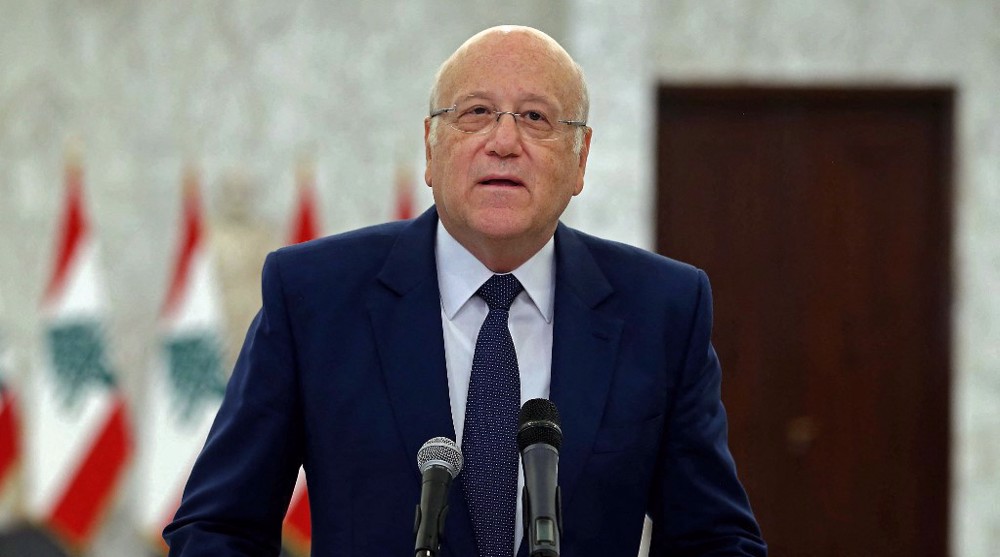
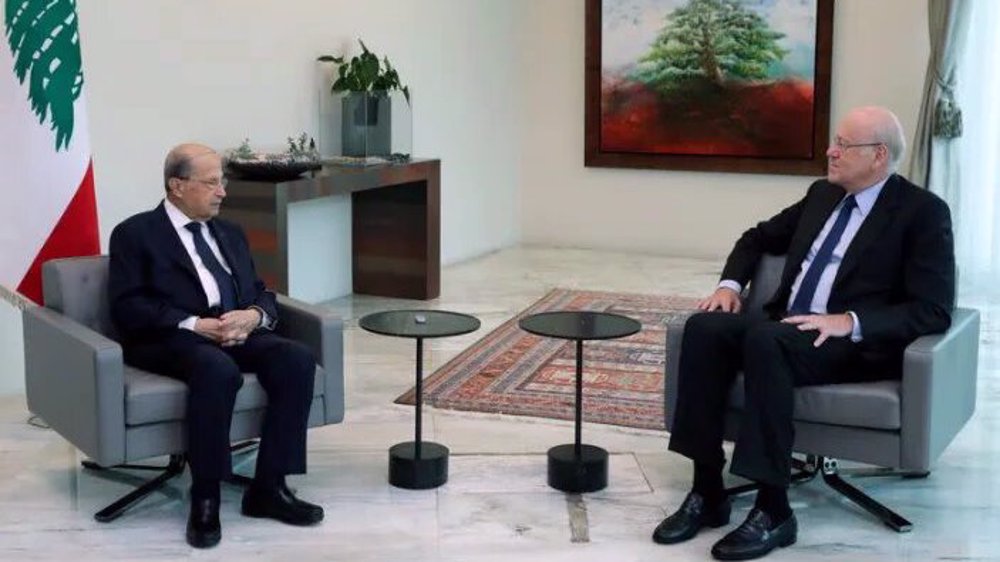
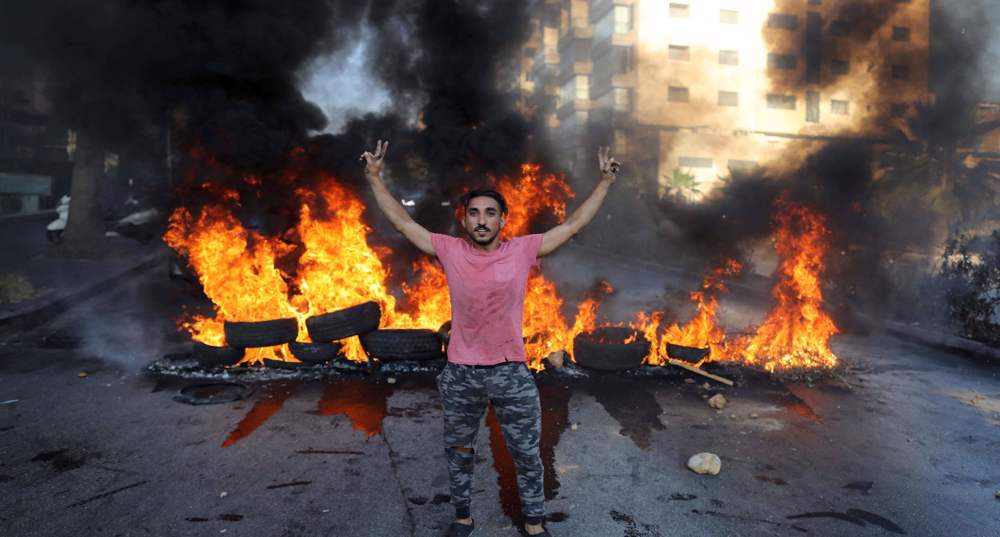

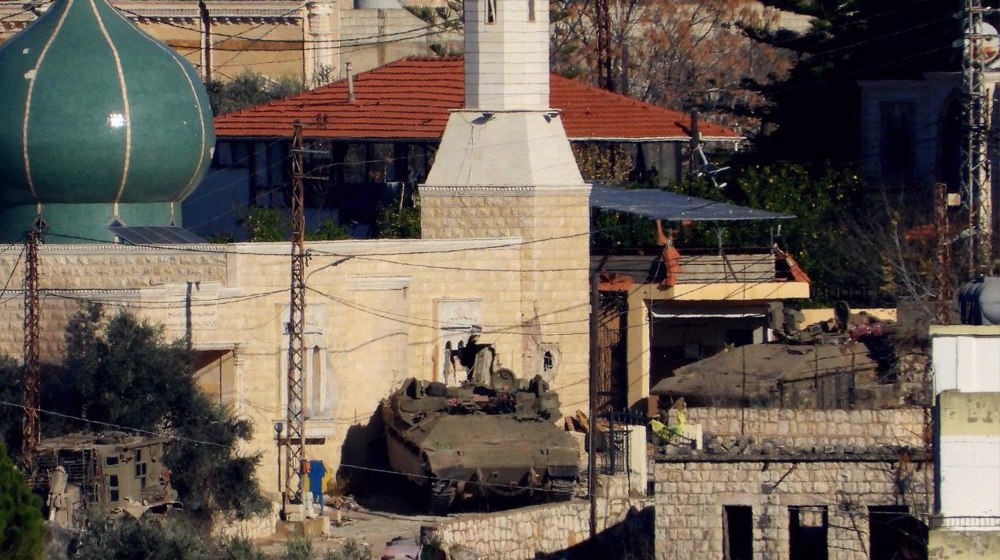




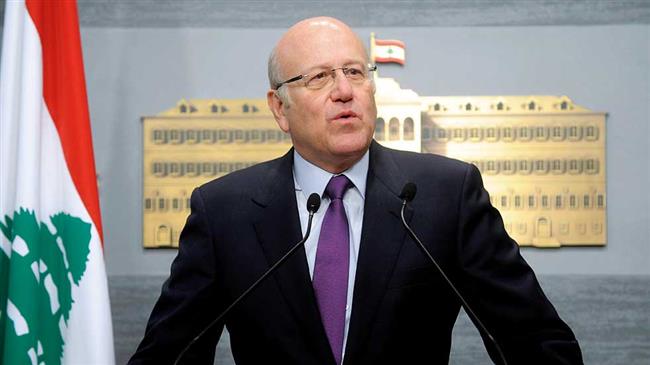
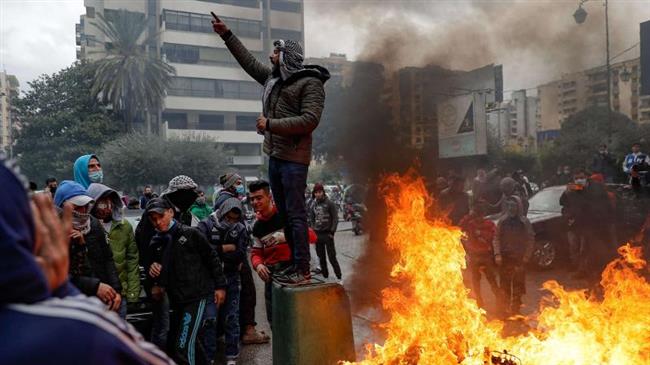
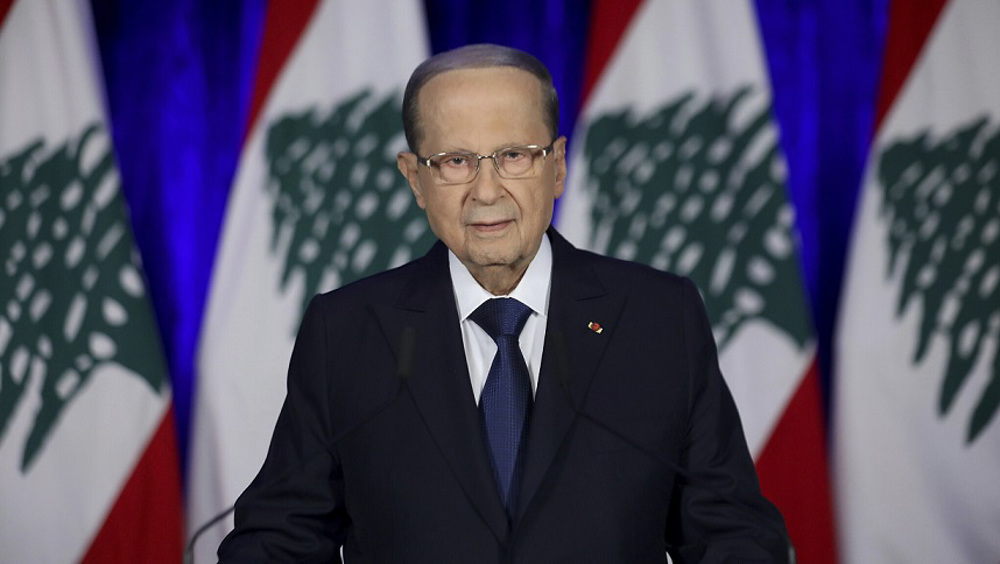
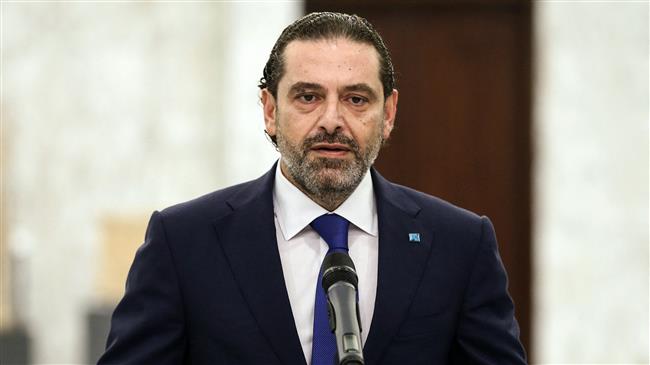
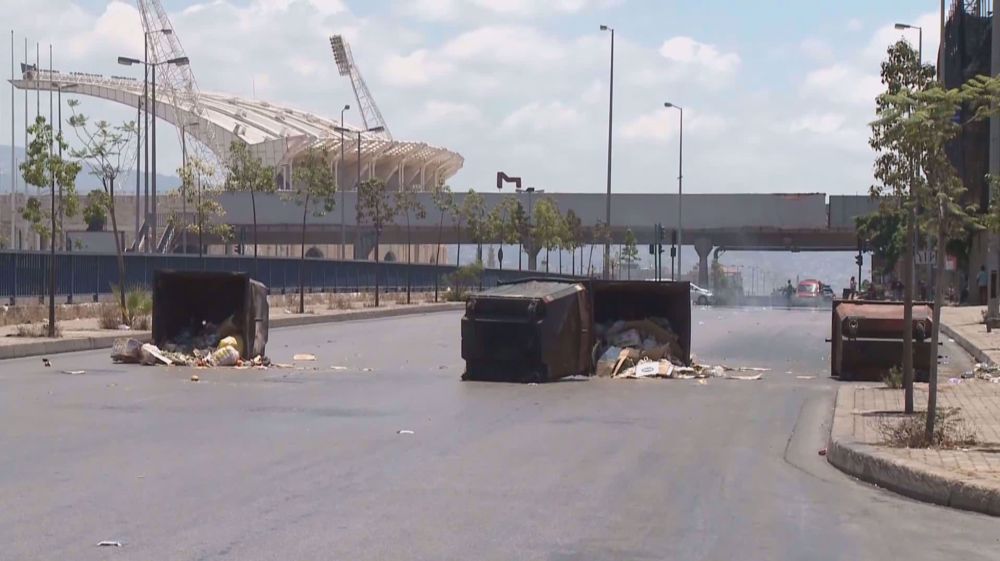

 This makes it easy to access the Press TV website
This makes it easy to access the Press TV website